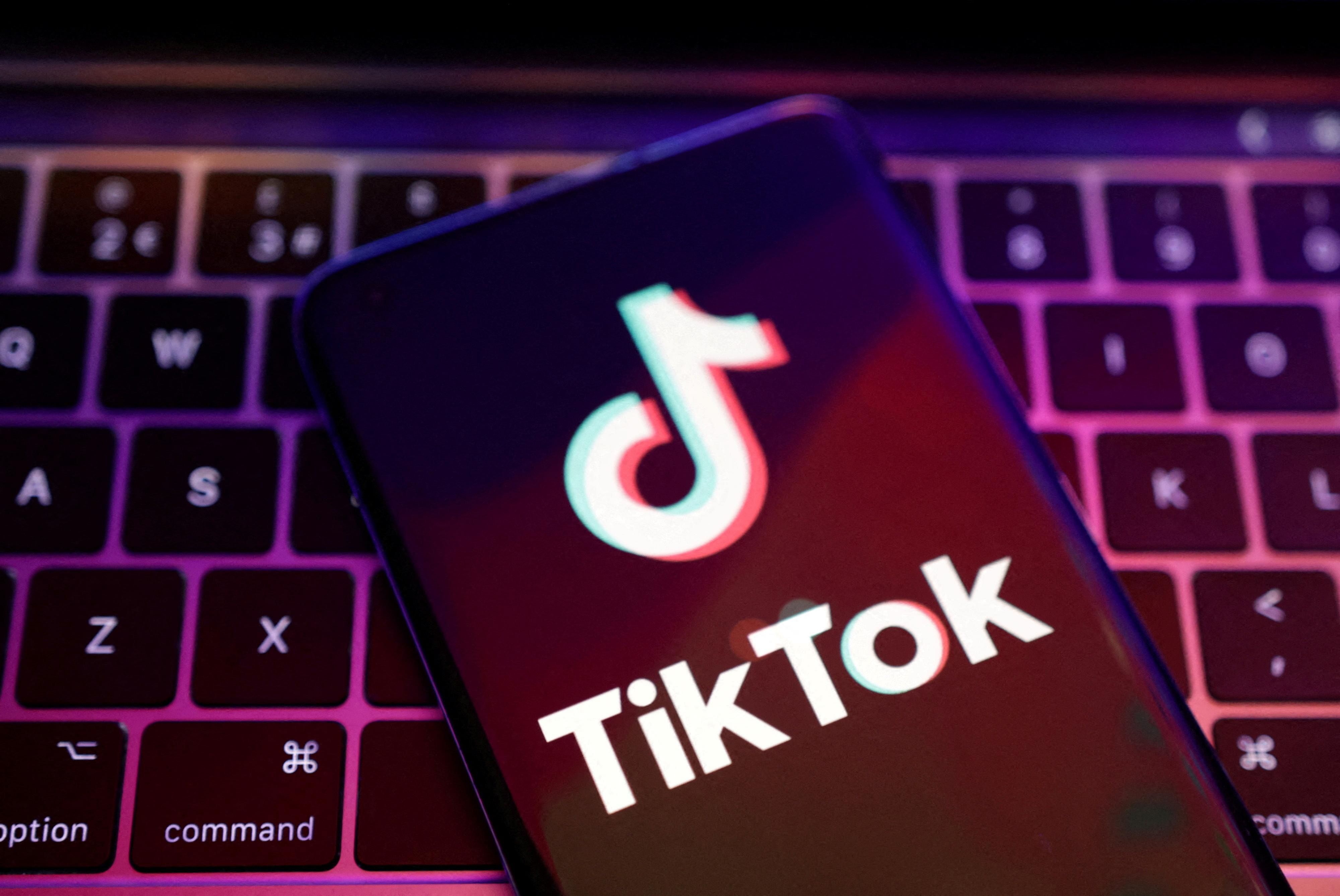In the first half of 2023, social media giants Meta, the parent company of Facebook and Instagram, imposed a record-breaking number of restrictions on social media posts and accounts in Malaysia. The data, released in Meta’s Transparency Report, revealed that approximately 3,100 pages and posts were restricted, a six-fold increase from the previous six-month period and the highest since the company started reporting content restrictions in Malaysia in 2017.

TikTok Faces Unprecedented Requests for Content Removal in Malaysia
Simultaneously, China’s TikTok encountered a surge in requests from the Malaysian government to remove or restrict content. TikTok reported receiving 340 requests between January and June 2023, impacting 890 posts and accounts. Disturbingly, the platform removed or restricted 815 of these for violations of local laws or community guidelines, marking the highest number in a six-month period since it began reporting requests from Malaysia in 2019.
Government Scrutiny and Free Speech Concerns
The increased scrutiny of online content in Malaysia comes amid accusations against Prime Minister Anwar Ibrahim’s administration of backtracking on promises to safeguard freedom of speech. The government refutes claims of stifling dissent online, asserting its intention to address provocative posts related to race, religion, and royalty. However, concerns are mounting as the government’s actions appear to extend beyond this scope.
The article reveals that Meta’s content restrictions were in response to reports by Malaysia’s communications regulator and other government agencies. The restricted content encompassed criticisms of the government and posts allegedly violating laws related to illegal gambling, hate speech, divisive content, bullying, and financial scams.
Why Did TikTok Face Criticism?
TikTok faced criticism from Malaysia’s Communications Minister Fahmi Fadzil, who claimed the platform had not done enough to address defamatory or misleading content and accused it of non-compliance with local laws. TikTok responded by pledging to take proactive measures to address these concerns.
The Malaysian government’s threats of legal action against both Meta and TikTok, coupled with the significant increase in content removal requests, have raised alarm among free speech advocates. Article 19, a free speech group, denounced the removal of critical posts and expressed concerns over the growing number of requests to restrict content, warning that it could undermine legitimate free speech and expression.

In a statement, Nalini Elumalai, Senior Malaysia Programme Officer at Article 19, emphasized that prohibiting expression solely based on critical views could have detrimental effects on social discourse and public accountability. As social media platforms grapple with government pressures and increasing requests for content removal, the delicate balance between online freedom of expression and regulatory control remains a contentious issue in Malaysia.